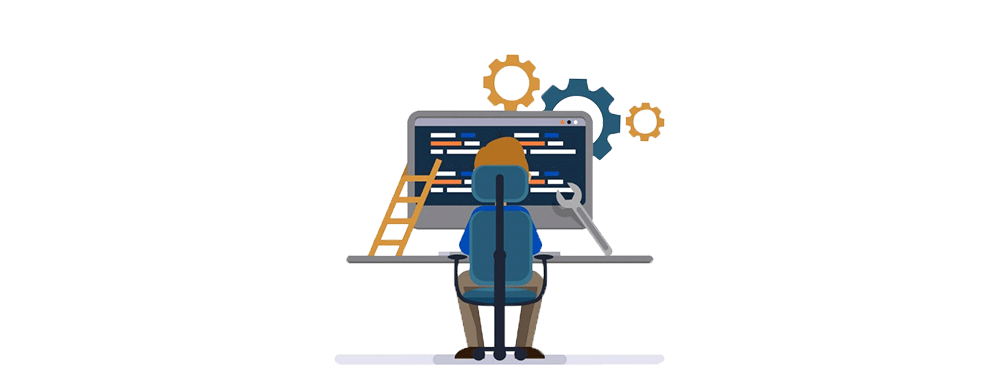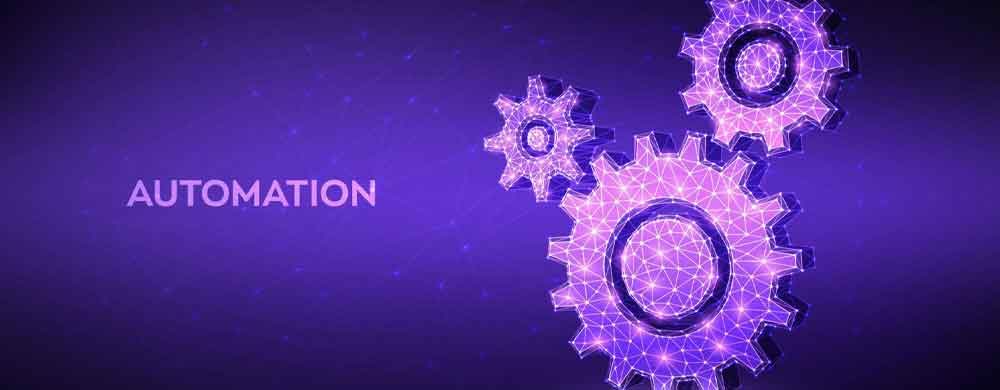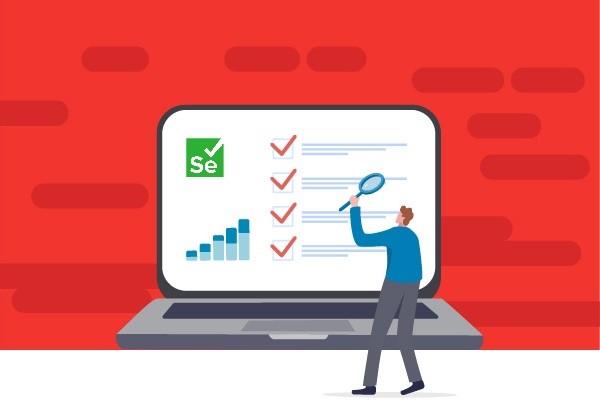Introduction: Estimation is more of an art than a science, especially in the complex realm of test automation. It requires a comprehensive understanding of the scope, tools, and data, coupled with a readiness to adapt to unforeseen challenges. In this blog, we’ll explore the multidimensional approach to estimation that can save your project from the pitfalls of assumptions and underestimation.
1. Beyond Numbers: The Estimation Spectrum An effective estimate isn’t a single figure; it’s a range, a spectrum that anticipates the possible variations. It’s a combination of the best, worst, and most probable outcomes that guide a project’s trajectory. The key is to ask the right questions, gather data, and evaluate all possible scenarios.
2. The Discovery Workshop: Unearthing the Unknowns Discovery workshops serve as the foundation for accurate estimations. They illuminate the project’s scope, differentiate between the possible and the impossible, and clarify the acceptance of third-party tools and frameworks. Clear expectations set the stage for successful project delivery.
3. The Team: Your Greatest Asset The efficiency and attitude of your team are pivotal. Assess their skills, readiness to learn, and availability. Remember, a team well-versed in similar projects can significantly reduce the learning curve and enhance project estimation accuracy.
4. The Toolbox: Choosing Wisely The selection of tools—from functional test automation to cloud and containers—can make or break your project’s timeline. Consider the need, features, support, and how well the tools integrate with your existing systems.
5. Learning from the Past: The Power of Historical Data Historical data offers insights that can refine your estimations. The availability, quality, size, and variety of data should inform the feasibility and timeline of your project.
6. Frameworks: The Backbone of Automation Frameworks define the structure of your automation efforts. From Selenium with TestNG to incorporating DevOps, choose the one that aligns with your project’s objectives and team’s expertise.
7. Accelerators: Boosting Productivity Tools like Locator Auto Identifiers and automated code generators can expedite your project. Incorporating AI for defect logging and leveraging data generators can provide a significant advantage.
8. Noise: Identifying and Mitigating Distractions Recognize the factors that can derail productivity, such as poor network connectivity or inadequate documentation. Quantify these aspects to mitigate their impact.
9. Planning: The Blueprint of Automation Outline every task, from manual page tests to building data locators. Account for the often-overlooked elements like debugging, code reviews, and refactoring.
10. The PERT Formula: Calculating Effort Use the PERT formula to estimate the effort for each task. Consider the best, most likely, and worst-case scenarios to arrive at an expected case for each test grouping.
11. Uncertainty: Scoring the Unpredictables Scope creep and unforeseen challenges are part of the process. Factor in a ‘Fudge Factor’ to account for these uncertainties, combining accuracy challenges with potential risks.
12. The 4-Step Estimation Process: This process will guide you through identifying factors, task breakdown, scoring uncertainties, and applying techniques for final scoring, bringing you closer to an accurate estimation.
Conclusion: Striving for Estimation Excellence Overestimation can be strategic, as delivery stress often leads to defects. Structured judgment, derived from diverse feedback, typically outperforms intuition. Always aim to ‘Promise Less, Deliver More’ to exceed client expectations.
Author’s Bio:

As CEO of TestLeaf, I’m dedicated to transforming software testing by empowering individuals with real-world skills and advanced technology. With 24+ years in software engineering, I lead our mission to shape local talent into global software professionals. Join us in redefining the future of test engineering and making a lasting impact in the tech world.
Babu Manickam
CEO – Testleaf






